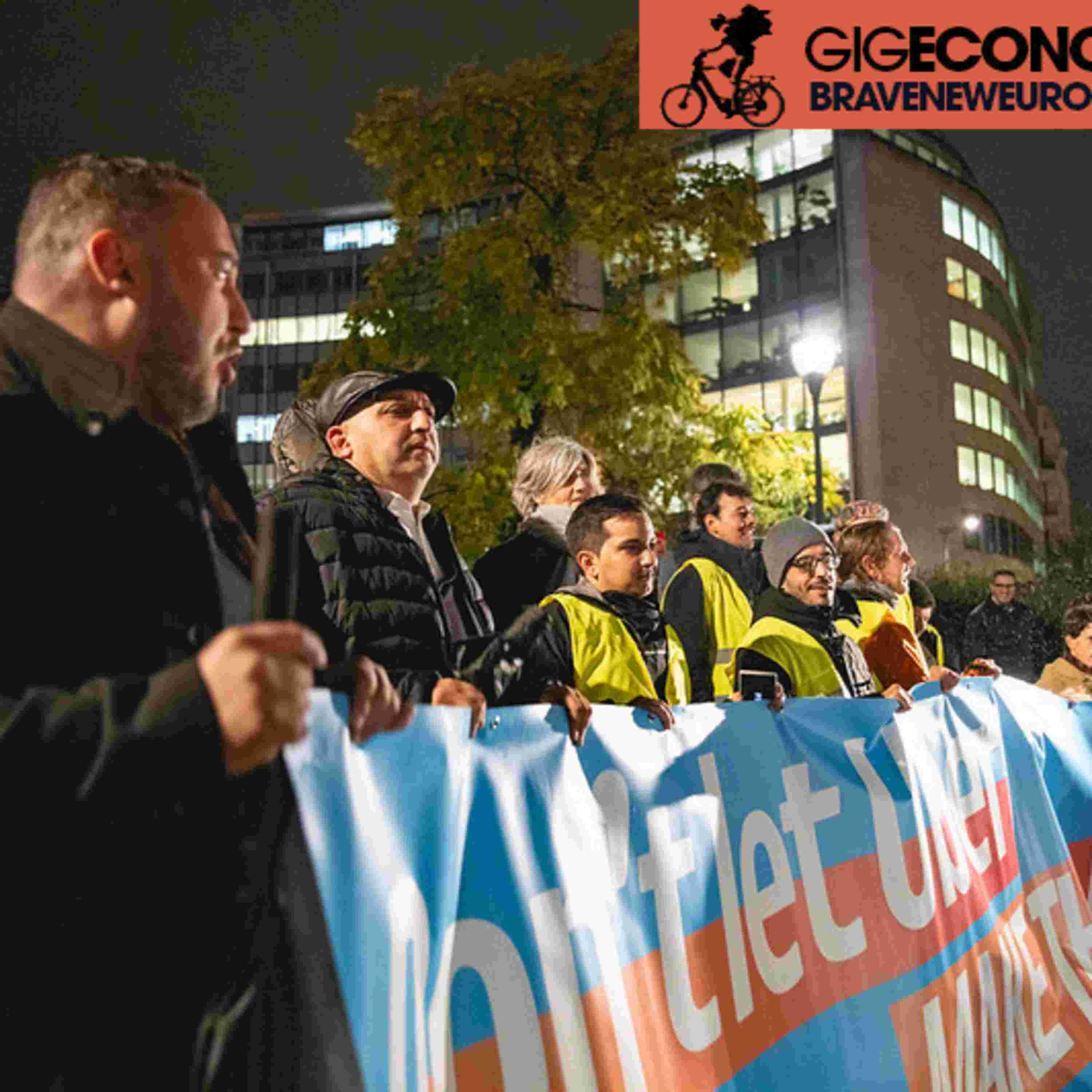

After years of wrangling within and between the EU institutions, the Platform Work Directive was finally agreed on 11 March.
The directive aims to improve working conditions for platform workers, those who are algorithmically managed and work on-demand, whether that is an Uber driver, a care[dot]com cleaner or an Upwork graphic designer.
But it is not without controversy. 25 out of 27 EU member-states and the European Parliament only agreed to the Platform Work Directive after numerous compromises.
What does the final agreed EU platform work regulation contain? What difference will it make to the lives of platform workers? And how have controversial issues, like over platform workers’ employment status, been resolved?
To find out, the Gig Economy Project has gathered three of Europe’s leading experts on the topic.
Antonio Aloisi is Assistant professor of European and Comparative Labour Law at IE University Law School in Madrid. He is co-author with Valerio De Stefano of Your Boss is an Algorithm, and he has just published a piece in Social Europe with De Stefano analysing the Platform Work Directive.
Tim Christiaens is assistant professor in the Department of Philosophy at Tilburg University in the Netherlands. Christians is the author of ‘Digital Working Lives’, and more recently, ‘De Kluseconomie’, ‘the Gig Economy’ in Dutch.
Jessica Pidoux is a sociologist and post-doctoral researcher at the University of Neuchâtel in Switzerland. She is director of the NGO PersonalData.IO, and has worked with many platform workers in helping them recover and analyse their data.
In this podcast, we discuss:
02:24: The broader significance of the Platform Work Directive
10:32: The legal presumption of employment
31:50: Algorithmic management and platform workers’ rights
46:49: Where now for platform work research?